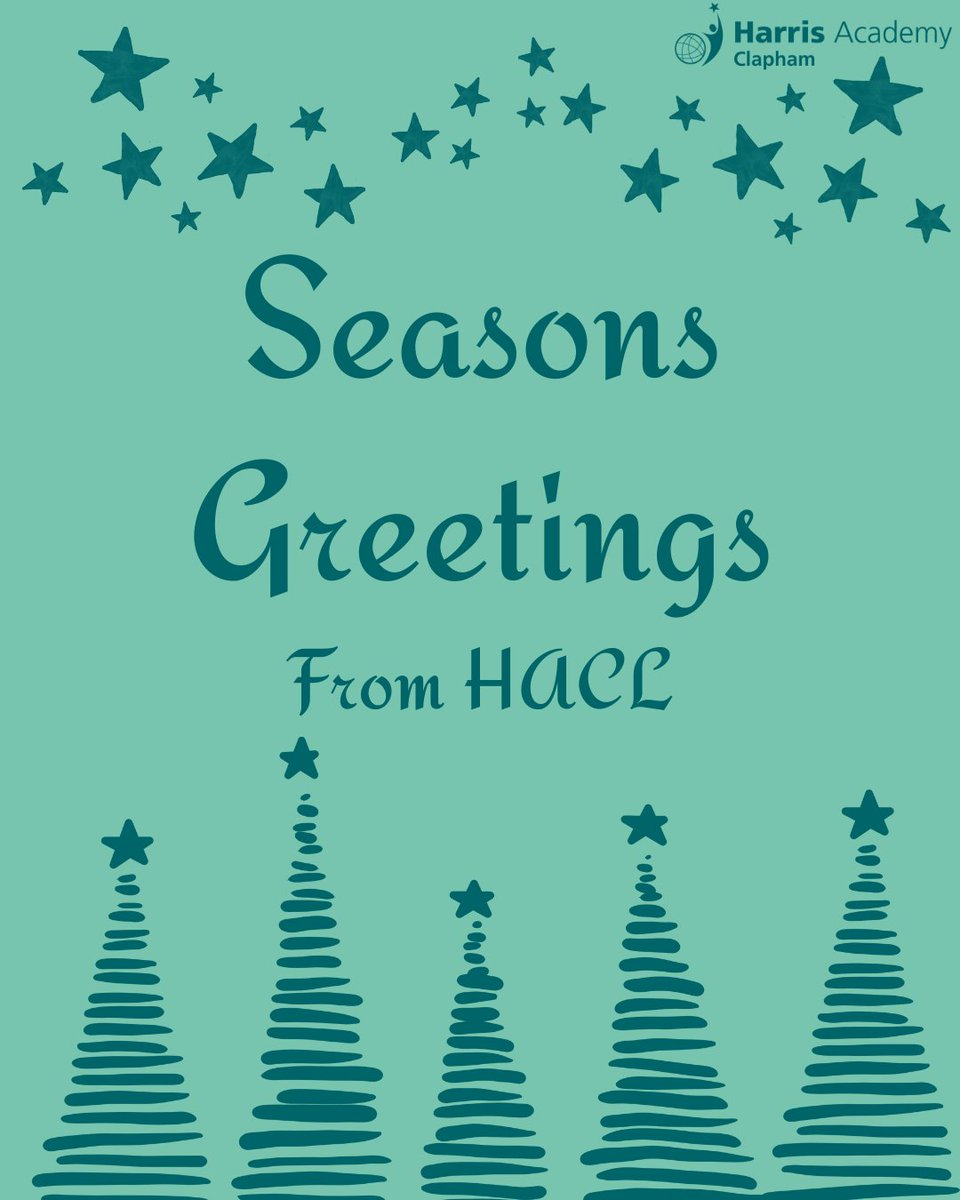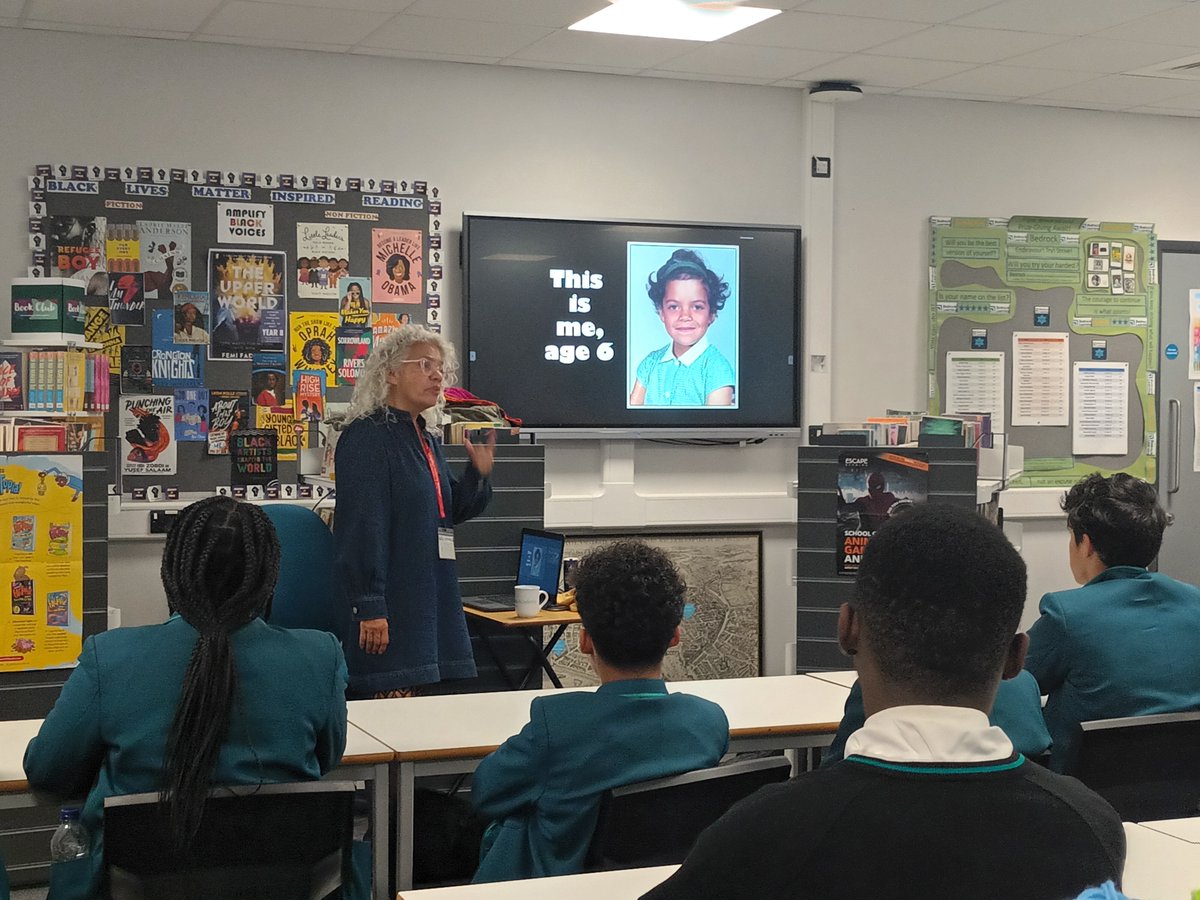Geography
Geography is the study of relationships between physical and human phenomena that give rise to spatial patterns on the surface of the earth.
Whilst other disciplines may study landscape, flora and fauna, the atmosphere, people and culture, the built environment and political territories, geography is the only discipline that concerns itself with the relationships between these resulting in spatial differentiation. As such, a sound understanding of geography is critically important for students today to help them make sense of the world they live in and broaden their horizons to the world of possibilities an understanding of geography opens.
Geography allows us to think in an alternative way; alternative to a subject based purely on factual recall, but rather encourages us to think geographically. It forces us to ask questions about some of the most controversial and pressing issues affecting the world today such as climate change, resource use, population growth, and examine them through an enquiry approach; and it will be the geography students of today who are best equipped to solve these issues.
Geography is uniquely placed to empower students from all backgrounds through developing a multifaceted view of the world and their place within it. When taught well, the power of diversity in geography serves to tackle stereotypes and improve representation of places and people globally and locally.
Through our curriculum, we aim to ensure that students acquire powerful geographical knowledge to help them make sense of their lives and the world around them, but also to take them beyond their everyday lived experiences and expose them to the wider world. We aim to inculcate a love of geography in our students and develop their self-esteem so that they can effectively participate in societies’ ‘big conversations’ about contemporary global issues.
Geography is for everyone, but we recognise that certain communities have been underrepresented in Geography for a long time. We want to increase the engagement with, and uptake of geography, at A-level and at University particularly of traditionally underrepresented groups. We believe it is important for students to not only learn about a wide range of global experiences, but to engage with scholarship from a diverse pool of academics so they can see a future for themselves in Geography.
Geographical enquiry is at the heart of a strong geography education as it encourages thinking geographically. Enquiry deepens conceptual understanding through reasoning, data interpretation, argumentation and fieldwork. Enquiry incorporates a range of approaches to teaching and learning, including both those strongly led by teachers and those with greater independence for students. An enquiry approach helps students to engage with, and make sense of, geographical data, and encourages a questioning approach supported by evidence from the real world. This is embedded in our curriculum through ‘big questions’ for every topic; carefully scaffolded enquiry plenary lessons at the end of every topic once students have acquired the appropriate knowledge and understanding to undertake the enquiry and fieldwork which is integrated into KS3 and KS4. Students will also study geographical enquiry through fieldwork, which is embedded into the curriculum in KS3 and KS4 to develop their disciplinary knowledge.
We believe that knowledge can be questioned and challenged. Some knowledge is fallible and open to debate because it is susceptible to the limitations of theories and ideas created by people. As such a ‘tick-list’ of key facts does not constitute academic excellence; facts on their own are not knowledge.
We are committed to promoting equality, diversity and inclusion and the geography curriculum serves as an important vehicle to represent the world accurately, fairly and truthfully and in a way that reflects a plurality of voices that we learn from rather than about.
Please see below to read our progression map for geography in Years 7 to 11
Documents
| Geography Curriculum | Download |























